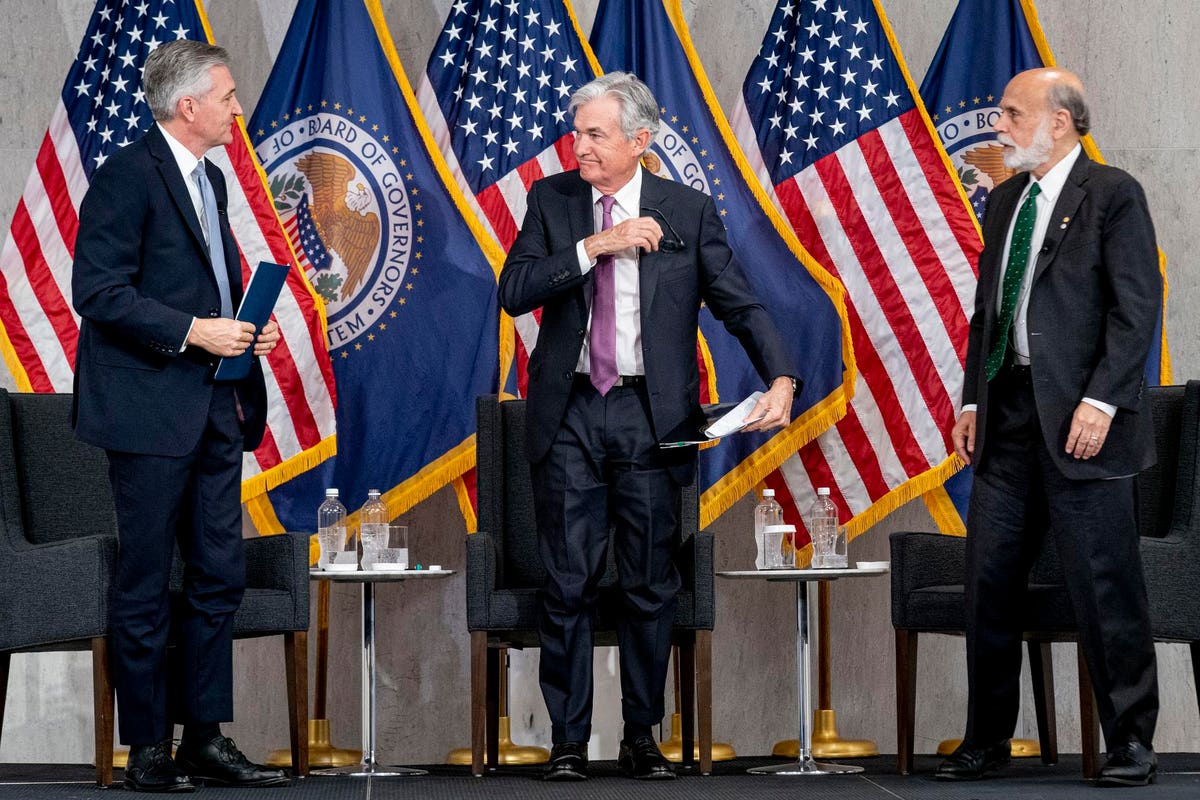After a broad set of speeches and public appearances from Fed Reserve officials this week, a June rate hike at from the next Fed meeting on June 13-14 appears less likely. Banks tightening lending standards and rates reaching relatively restrictive levels are contributing factors. However, Fed officials are still taking a different position to financial markets, which do see the prospect of rate cuts later in 2023.
Jerome Powell, Fed chair, said at a conference on Friday that, “we haven’t made any decisions about the extent to which additional policy firming will be appropriate.” That marks a softening in tone from statements earlier in the year, suggesting more hikes, as Powell stated that, “the risks of doing too much or doing too little are becoming more balanced.”
A June Pause
The first three Fed meetings of 2023 have seen consistent 0.25-percentage-point rises in rates, so a June pause to hold rates steady would mark a change from recent decisions.
However, some Fed officials are reluctant to forecast that any June pause would mark the end of the process of raising rates. For example, Raphael Bostic, President of the Atlanta Fed said on Monday, May 15 to CNBC, “for me, there would be a bias to increase a little further, as opposed to cut”. Similarly, Neel Kashkari, President of the Minneapolis Fed also said on Monday that there is still “more work to do” to bring down inflation. However, it’s unclear if that requires higher rates or holding rates at current levels.
Fed Governor Philip Jefferson provided a balanced summary at speech on Thursday, May 18 suggesting increased data dependence from the Fed at coming meetings. “On the one hand, inflation is too high, and we have not yet made sufficient progress on reducing it. On the other hand, GDP has slowed considerably this year, and even though the effect has been muted in the labor market so far, demand clearly has begun to feel the effects of interest rates that are 5 percentage points higher than they were a little over a year ago.”
Employment
As the Fed continues to stress data dependence, employment data will be key to watch. Unemployment remains at very low levels and has enabled the Fed to focus almost exclusively on bringing down inflation without worrying excessively about the jobs market. So far in 2023 unemployment claims have generally moved up, though not yet to levels that concern the Fed and the overall job market remains tight.
The Fed vs. Markets
Markets still believe the Fed will become more dovish. Assuming the Fed does hold rates steady in June, the Summary of Economic Projections will be examined by markets for clues as to where rates will trend in the Fed’s view.
The prior release of these forecasts in March suggested that rates would end 2023 at around current levels, though with more policy-makers surveyed seeing higher rates than lower ones. In contrast, fixed income futures predict that rates will end 2023 in the 4.25%-5.00% range, implying perhaps one to three rate cuts before the year ends. With this week’s statements the Fed has perhaps started to ease back on expectations that rates might move higher, but there has been no real talk of rate cuts so far.
Read the full article here



